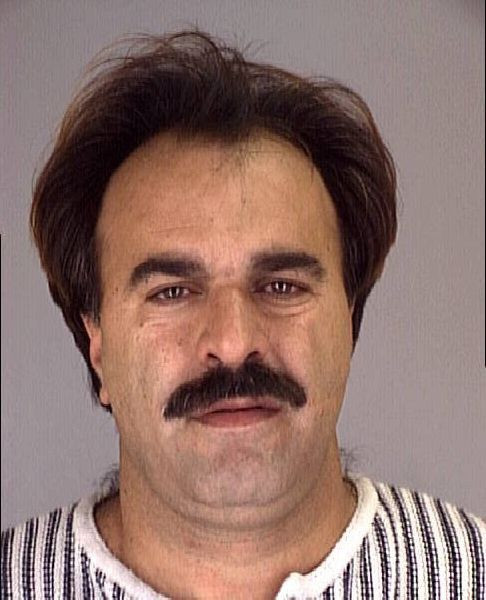Iran Plot - Skepticism Mounts Over Alleged Iranian Terror Plan

Iran experts are sharply questioning the Obama administration's allegations of an Iranian plot to assassinate a Saudi Arabian ambassador on U.S. soil, pointing to the uncharacteristic ineptitude of the operation and questioning Iran's motives.
An Iranian-American named Manssor Arbabsiar stands accused of seeking to recruit an informant posing as a member of the Mexican Zeta drug cartel to kill a Saudi diplomat, acting under guidance from Iran's elite intelligence unit, the Qods Force. But analysts are incredulous at the idea that Iran's seasoned intelligence apparatus would entrust the scheme to a bumbling used car salesman and a Mexican drug gang.
As one who has never been particularly skittish or skeptical about accusations of Iranian involvement in international terrorism, I must cast my lot in with the skeptics on this one, Kenneth Katzman, a Middle East analyst at the Congressional Research Service in Washington, wrote in an online forum. There is simply no precedent - or even reasonable rationale - for Iran working any plot, no matter where located, through a non-Muslim proxy such as Mexican drug gangs.
Similarly, Gary Sick, a scholar at Columbia University's Middle East Institute and a seasoned Iran watcher, wrote on his personal blog that the alleged plot departs from all known Iranian policies and procedures. He added that Iran would likely be wary of the pervasiveness of undercover U.S. and Mexican agents who have infiltrated the Zeta cartel as the Central Intelligence Agency has redoubled its efforts.
Whatever else may be Iran's failings, they are not noted for utter disregard of the most basic intelligence tradecraft, e.g. discussing an ultra-covert operation on an open international line between Iran and the U.S, Sick wrote. Yet that is what happened here.
Then there is the question of Iran's incentive. Writing in the Atlantic, Max Fisher notes that Iran is vying for influence with longtime rival Saudi Arabia as the Middle East undergoes cataclysmic changes. Iran being linked to the assassination of a Saudi ambassador could galvanize American publics and policymakers to support Saudi Arabia at a time when American support for the Saudi regime is ebbing, making such a move monumentally stupid, Fisher writes.
Iran is also keenly aware that it is under the American microscope, Muhammad Sahimi, an analyst for the Tehran Bureau website, told the Christian Science Monitor. That further diminishes the likelihood that prominent members of Iran's security forces would sign off on a useless assassination involving a low-level, non-player individual, Sahimi said.
The Obama administration has used the alleged plot to call for tougher international sanctions and to urge other countries to take individual action against Iran. Secretary of State Hillary Clinton said the plot signaled a clearer and clearer threat emanating from Iran.
This really, in the minds of many diplomats and government officials, crosses a line that Iran needs to be held to account for, Clinton told the Associated Press.
Attorney General Eric Holder struck a similarly aggressive tone. While he said the U.S. is at present seeking instead to work through diplomatic and financial means to further isolate Iran, he added that military action remains on the table.
© Copyright IBTimes 2025. All rights reserved.





















